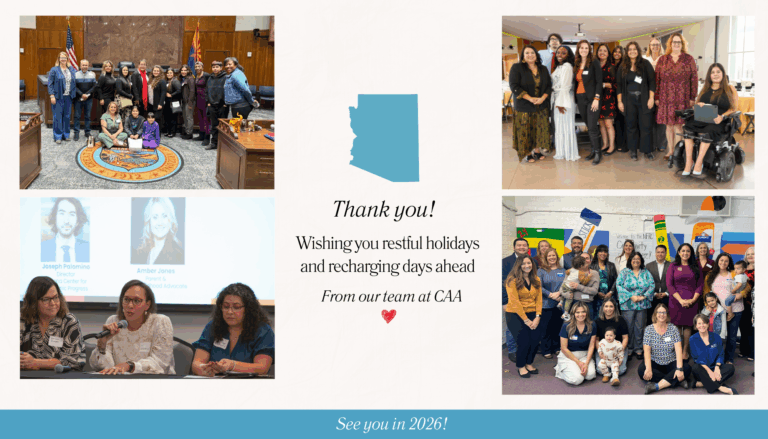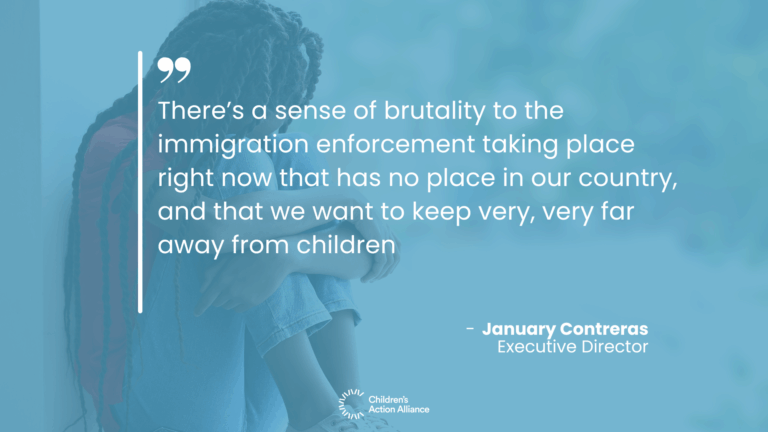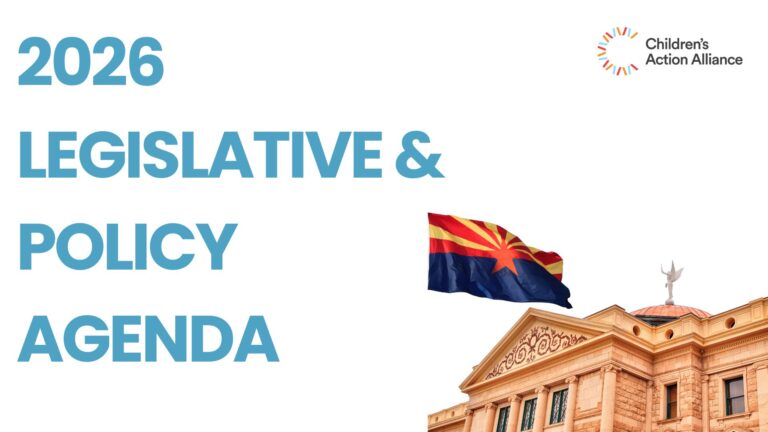
One in Three High School Students Report Feeling Hopeless
It’s no surprise that school-aged children in the United States have been headed toward a mental health crisis for several years. In Arizona, increased testing demands and class sizes, school violence, and the pressures of social media were worsening all while the state continued cutting education funding, forcing schools to reduce school counselors and other supports that are vital for children. Schools across the state faced teacher and other education workforce shortages. Shortages are far worse in rural and underserved parts of the state. The Covid pandemic has only made these problems worse. The youth mental health crisis is so severe that it is finally being recognized and recommendations on how to address it at the local and national level are becoming available to help.
Prior to the pandemic, it was clear that symptoms of mental illness in youth were on the rise. A 2019 national study found that “one in three high school students and half of female students reported persistent feelings of sadness or hopelessness, an overall increase of 40 percent from 2009. Emergency department visits for attempted suicide have risen 51 percent among adolescent girls. Additionally, the grief, trauma, and social isolation that students have sustained over the course of the last two years because of the COVID-19 pandemic have significantly increased symptoms of mental illness. More than half of parents in a recent American Psychiatric Association study expressed concerns about the mental well-being of their children.
But help may soon be on the way. A new Child Trends brief suggests state legislatures can and should increase access to telemental health services in schools. Among the ways states can do this is by considering Medicaid to fund services and continuing the flexibilities that were adopted under the Covid public health emergency. Learn more about the recommendations.
President Biden has included strategies to address youth mental health in his Unity Agenda announced earlier this month. In the agenda, “President Biden is laying out a vision to transform how mental health is understood, perceived, accessed, treated, and integrated – in and out of health care settings”. The agenda includes a wide range of strategies including expanding access to mental health support in schools, colleges, and universities by doubling the number of badly needed school-based mental health professionals and creating protections for children online. More details on the Unity Agenda mental health plan.



